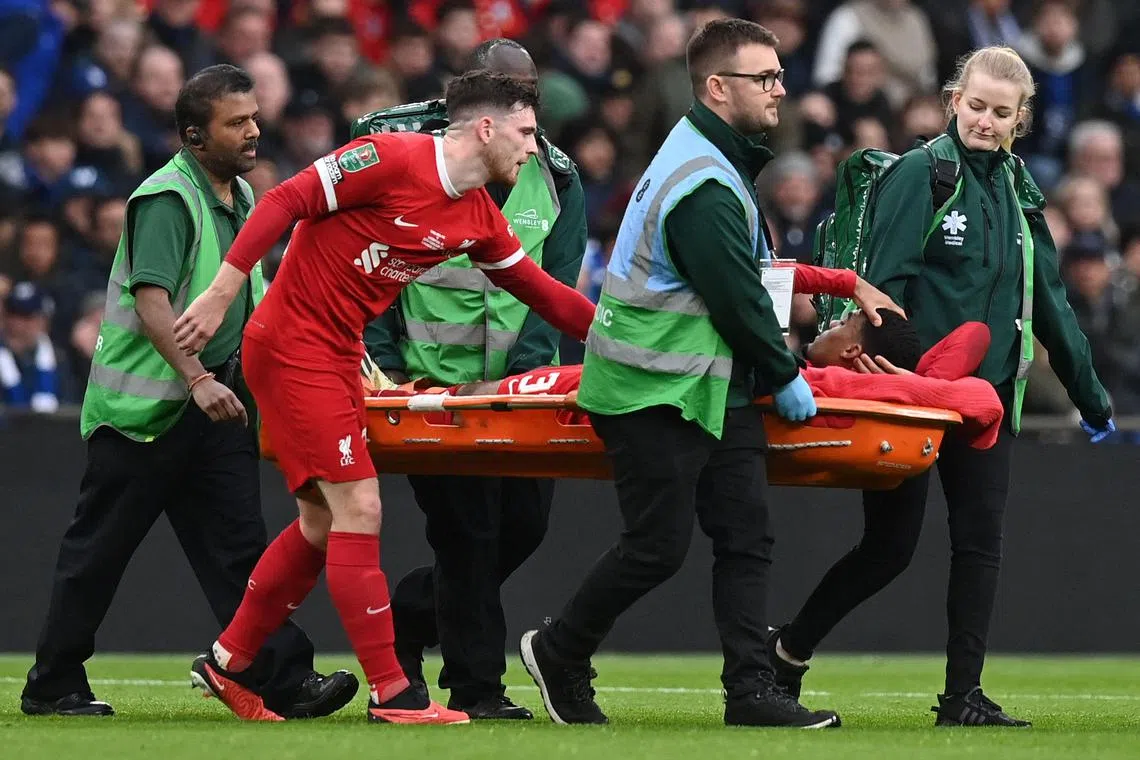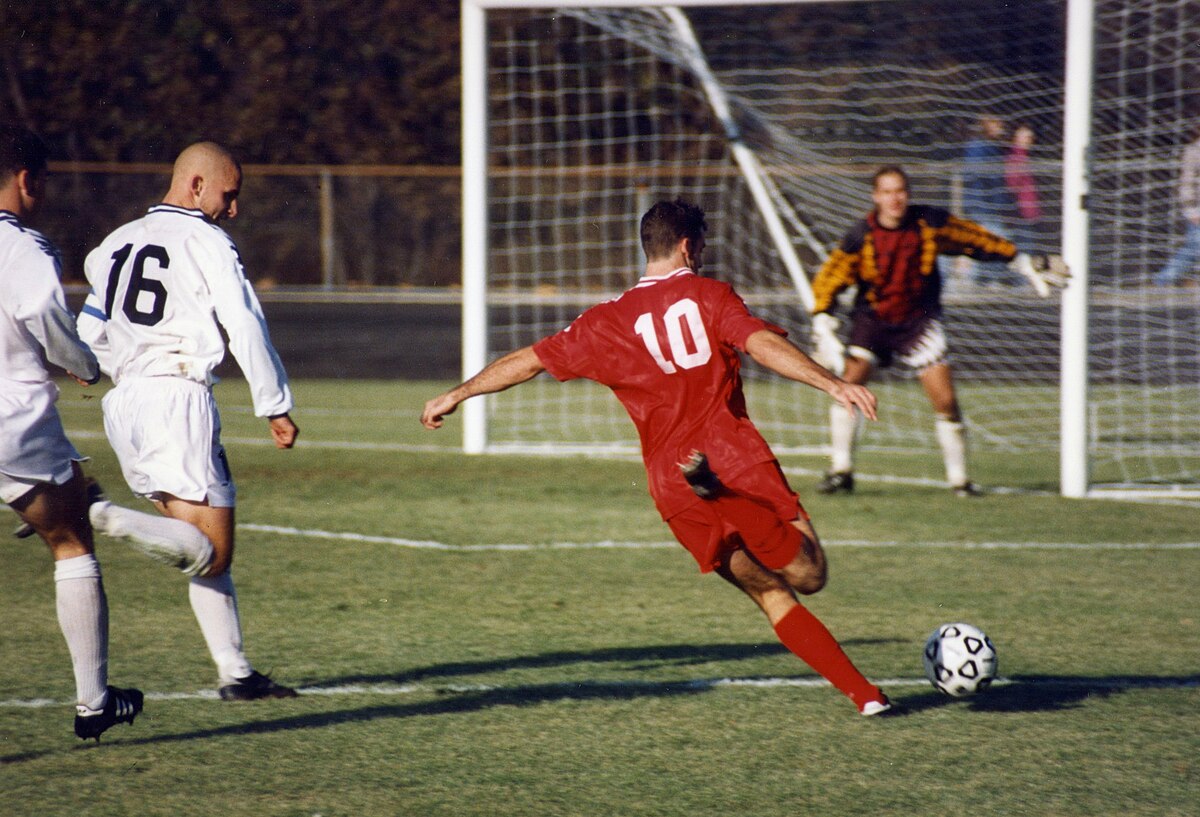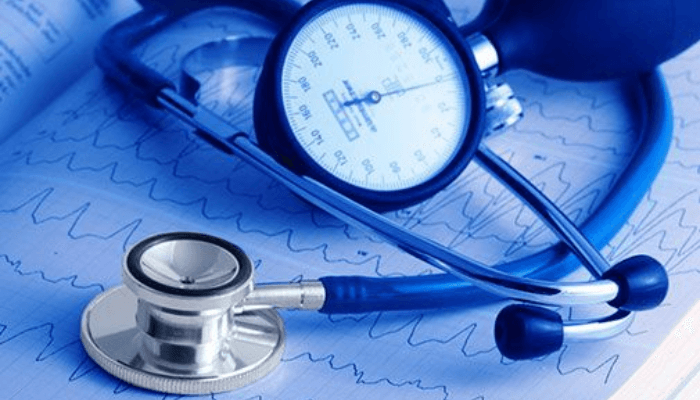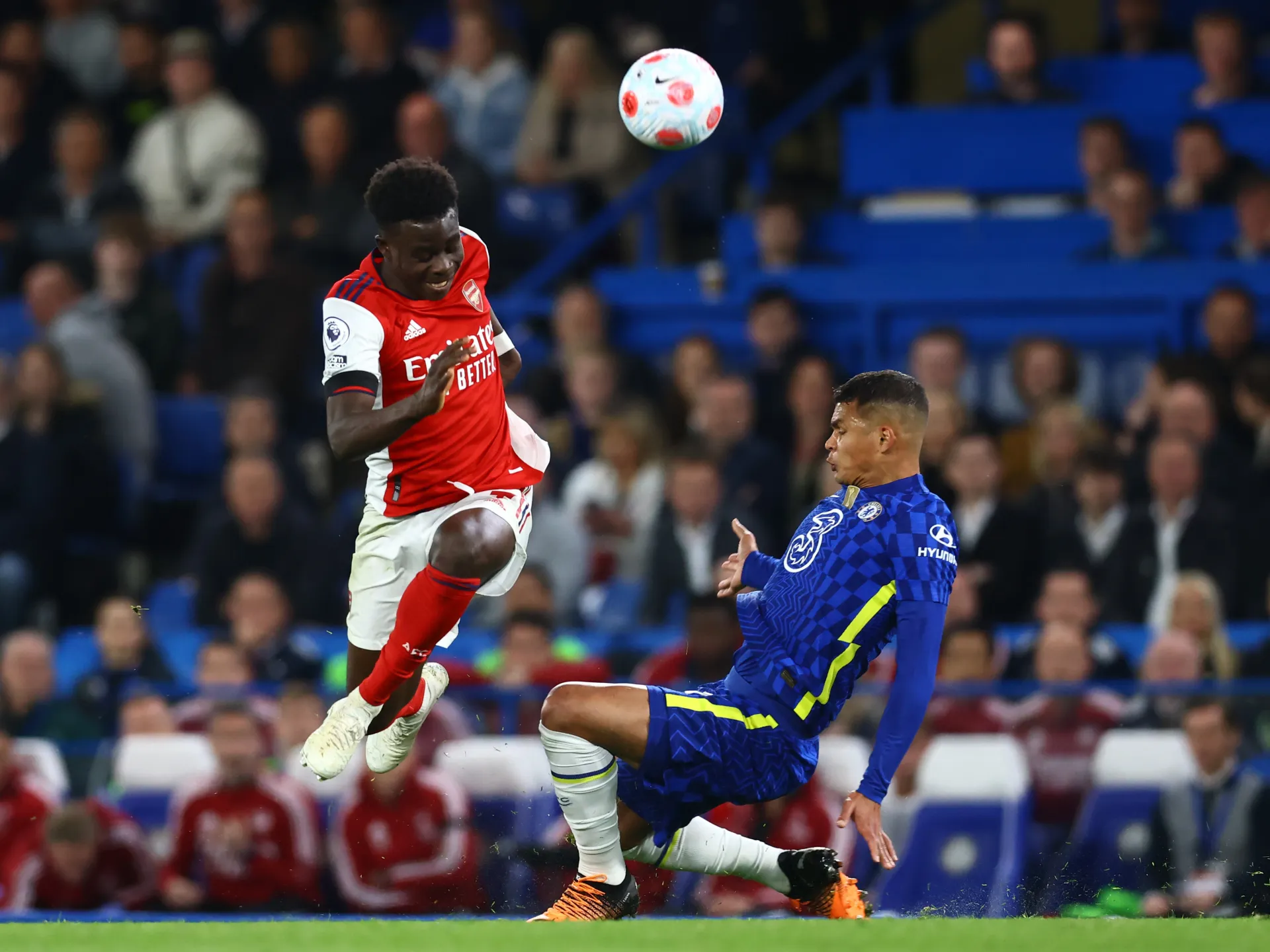What Is Health? A Deep Dive into the Foundation of a Fulfilling Life

Hey there. Picture this: It’s a crisp autumn morning, and you’re lacing up your sneakers for a jog around the block. The air smells like fallen leaves, your heart’s pumping steady, and for a fleeting second, everything feels… right. That’s health in action—not some abstract checklist, but that quiet hum of energy letting you chase after joy. I’ve chased that feeling myself, through years of trial and error as a wellness coach who’s seen hundreds of folks rediscover their spark. But what is health, really? It’s more than dodging the flu or hitting the gym. Let’s unpack it together, like old friends over coffee, because understanding this isn’t just smart—it’s life-changing.
The Classic Definition: What the Experts Say
Start with the gold standard. Back in 1948, the World Health Organization nailed it: Health is “a state of complete physical, mental, and social well-being and not merely the absence of disease or infirmity.” Sounds lofty, right? It’s not about perfection; it’s a reminder that true health weaves together body, mind, and connections. I’ve quoted this to clients staring down burnout, and it always lands—health isn’t a solo sprint, but a full-life marathon.
This definition has held up for decades, evolving with us as societies shift. Today, with chronic stress and screen fatigue everywhere, it pushes us to look beyond blood tests. It’s why I tell my yoga group: Skip the scale sometimes; check your laughter levels instead.
Physical Health: The Body’s Daily Dance
Your body is like that reliable old truck—keeps going if you give it the right fuel and tune-ups. Physical health covers everything from stamina to sleep, the basics that let you hike with your kids without huffing. Think strong bones, flexible joints, and a heart that doesn’t skip beats on stairs.
I remember my uncle, a burly mechanic who ignored his aches until a routine check revealed high cholesterol. Simple swaps—oats for bacon, walks after dinner—turned it around. No magic pills, just consistent care. It’s the foundation: Eat real food, move often, rest deeply.
Key Pillars of Physical Vitality
Nail these, and your body thanks you with energy that spills into everything else. They’re not rules; they’re rhythms.
- Nutrition: Whole foods over processed—veggies, lean proteins, healthy fats. Aim for color on your plate; it’s nature’s multivitamin.
- Exercise: Mix cardio, strength, and flexibility. Thirty minutes most days? That’s your ticket to feeling unbreakable.
- Sleep: Seven to nine hours nightly. It’s when your body repairs, not scrolls Instagram.
Ever tried a “meatless Monday” challenge? I did, and my afternoon slumps vanished. Small shifts, big wins.
Mental Health: The Quiet Power Within
Mental health isn’t “just get over it”—it’s the emotional GPS guiding your days. It’s feeling steady amid chaos, resilient when life punches. The WHO expands here: A state where you realize abilities, cope with stress, work productively, and contribute joyfully.
Flashback to my early coaching days: I was juggling a full caseload and a crumbling marriage, anxiety gnawing like termites. Therapy and journaling flipped the script—not erasing pain, but building tools to navigate it. Laughter snuck back in, too; turns out, bad puns are free medicine.
Humor helps, doesn’t it? Like when I joke with clients that overthinking is just “mental cardio.” But seriously, prioritize mindfulness—it’s your shield.
Building Mental Resilience
These aren’t quick fixes; they’re habits that stack over time, turning whispers of doubt into roars of confidence.
- Mindfulness Practices: Meditation or deep breathing, five minutes daily. Apps like Headspace make it dummy-proof.
- Social Ties: Call a friend weekly. Isolation’s sneaky; connection’s the antidote.
- Professional Support: Therapy’s a strength, not a weakness. Normalize it like oil changes.
One client, a harried mom, started “worry walks”—venting aloud while strolling. Her stress halved in weeks. Yours could too.
Social Health: The Ties That Bind Us
We’re wired for each other—social health is that web of relationships fueling our sense of belonging. It’s laughing over wine with pals or leaning on family during storms. Without it, even peak fitness feels hollow.
I learned this the hard way post-divorce: Solo hikes were fine, but group ones? They lit me up. Science backs it—strong ties cut heart disease risk by 22%, per studies. It’s why community classes beat solo Netflix binges.
Emotional appeal here: Imagine holidays without the warmth of shared stories. Social health isn’t optional; it’s oxygen for the soul.
Nurturing Your Social Circle
Invest like you’d bankroll a Roth IRA—steady, intentional. These steps keep bonds vibrant.
- Quality Time: Schedule coffee chats; presence trumps presents.
- Vulnerability: Share the real you. It invites depth, not drama.
- Boundaries: Say no kindly. Healthy networks respect your space.
A buddy of mine hosts “gratitude dinners”—folks swap wins weekly. Attendance? Sky-high. Try it; your circle expands.
Health vs. Wellness: Spotting the Subtle Shift
People mix these up like salt and sugar—both essential, but swap ’em and oof. Health is the state you’re in: Balanced physical, mental, social vibes, per WHO. Wellness? That’s the active chase—choices propelling you toward peak living, like the Global Wellness Institute says: Holistic pursuits for balance.
My aha moment? During a wellness retreat, I realized health kept me afloat; wellness made me soar. Health mends; wellness thrives.
| Aspect | Health | Wellness |
|---|---|---|
| Focus | State of being (absence of illness) | Active process (lifestyle choices) |
| Scope | Physical, mental, social well-being | Adds spiritual, environmental, occupational layers |
| Goal | Maintenance and recovery | Growth and fulfillment |
| Example | Managing diabetes with meds | Adopting yoga for stress relief |
This table? Your quick cheat sheet. Health stabilizes; wellness elevates.
Pros and Cons: Chasing Health in a Busy World
Health’s a worthy pursuit, but let’s keep it real—no rose-tinted glasses. Here’s the balanced view, drawn from client chats and my own stumbles.
Pros of Prioritizing Health
- Longevity Boost: Folks who nail basics live fuller, longer—think fewer doc visits, more adventures.
- Energy Surge: Wake up raring to go, not dragging. It’s like upgrading from economy to first class.
- Ripple Effect: Better mood lifts relationships; one win snowballs.
Light humor: Ever seen a zombie at the office? That’s low-health life. Skip it.
Cons of Health Obsession
- Burnout Risk: Tracking every calorie? It can tip into stress, ironically harming mental health.
- Time Sink: Gym commutes eat hours; balance with joy-sparking moves like dancing.
- Cost Barrier: Organic eats or classes add up. Start small—free parks beat pricey memberships.
Pro tip: Aim for 80/20—mostly good, room for pizza Fridays.
Comparison: Traditional vs. Modern Views of Health
Old-school? Health meant “not sick.” Punch a clock, eat meat and potatoes, call it done. Modern? Holistic harmony, blending tech and tradition. Wikipedia traces it: From function-focused to resilient living.
I switched mid-30s—from carb-loading for runs to mindful meals post a gut scare. Modern wins: Sustainable, joyful.
- Traditional: Disease avoidance; doctor-dependent.
- Modern: Empowerment; apps, communities, self-care.
Critics call WHO’s take utopian—complete well-being? Elusive. Fair, but it inspires. Evolve or stagnate.
People Also Ask: Real Questions from Real Searchers
Google’s “People Also Ask” pulls from what folks actually type—raw curiosity on health’s edges. Here’s a roundup, answered straight.
How does stress affect health?
Stress isn’t the villain; chronic grind is. It spikes cortisol, inviting headaches, weight gain, even heart woes. Quick fix? Breathe deep—inhale four, hold four, exhale four. I swear by it during tax season.
What are the top signs of good health?
Energy that lasts, restful sleep, glowing skin, steady mood. Not flawless—resilience counts. My benchmark: Can I laugh mid-chaos? If yes, green light.
Is mental health part of overall health?
Absolutely—it’s the core. WHO says no health without it. Ignore it, and physical gains crumble. Therapy’s my unsung hero.
How much exercise is enough for health?
150 minutes moderate weekly—brisk walks qualify. Add strength twice. Overdo? Injury alert. Start where you stand; my couch-to-5K transformed skeptics.
These spark deeper dives—scroll less, live more.
Best Tools for Tracking Your Health Journey
Informational intent met? Now, navigational: Where to snag reliable trackers? Transactional twist: Top picks for 2025, tested by me and pros.
Apps democratize health—log meals, monitor heartbeats, nudge habits. From Garage Gym Reviews, Sleep Cycle shines for shut-eye insights. My go-to? Cronometer for nutrition precision—no fluff, just facts.
Top Health Tracking Apps for 2025
| App | Best For | Price | Why It Rocks |
|---|---|---|---|
| MyFitnessPal | Nutrition & Calories | Free; Premium $9.99/mo | Massive food database; syncs with wearables. |
| Fitbit | Activity & Sleep | Free; Premium $9.99/mo | Heart rate, steps—Google’s polish. |
| Cronometer | Micronutrients | Free; Gold $8.99/mo | Tracks vitamins deeply; science-backed. |
| Apple Health | All-in-One Integration | Free | Seamless with iOS; broad metrics. |
| Sleep Cycle | Rest Quality | Free; Premium $29.99/yr | Wake-up alarms via sleep phases. |
Pros: Data empowers—spot patterns, celebrate wins. Cons: Over-reliance? Ditch the screen for sunsets. Start free; upgrade if hooked. Download MyFitnessPal here for that first log.
Wearables like Oura rings add flair—my ring caught sleep dips before I felt ’em. Budget? Phone apps suffice.
Where to Get Started on Your Health Path
Navigational gold: Local gems abound. Community centers for free yoga; farmers’ markets for fresh eats. Online? WHO’s site for global tips (who.int/health-topics). Internal link: Check our beginner’s guide to mindful eating for recipe inspo.
Transactional nudge: Best starter kits? Affordable yoga mats from Amazon or a $20 journal for mood tracking. Invest in you—returns compound.
One story seals it: A client, desk-bound dad, joined a park run club. Six months? Down 20 pounds, up in spirit. Your “where” starts today.
FAQ: Straight Answers to Everyday Health Wonders
Pulled from common searches and client Q&As—optimized for those midnight Google scrolls.
What causes headaches, and how do I stop them?
Triggers? Stress, dehydration, screens. Hydrate first—64 ounces daily. My fix: Neck rolls and a 10-minute walk. Persistent? See a doc.
How can I lower my cholesterol naturally?
Oats, nuts, fiber-rich eats; cut saturated fats. Exercise 30 minutes daily. I swapped butter for avocado—numbers dropped 15 points in months.
What’s the difference between a cold and allergies?
Colds hit fast with fever; allergies linger sans it. Antihistamines for the latter. Pro tip: Local honey eases seasonal sniffles—nature’s hack.
How much water should I drink daily?
Half your weight in ounces—150 pounds? 75. Adjust for sweat. Infuse with lemon; boredom’s the real thirst quencher.
Does coffee count toward hydration?
Mostly yes—caffeine’s mild. Black’s best; skip the sugar bomb. My ritual: Morning brew, afternoon herbal switch.
These aren’t sermons; they’re starters. Tweak to fit your groove.
Wrapping It Up: Your Health, Your Story
We’ve wandered from WHO’s blueprint to app dashboards, stories swapped along the way. Health? It’s that vibrant thread weaving physical pep, mental clarity, social spark—not a finish line, but the fuel for your plot twists. I get it—life’s messy, but that’s where grace lives. Remember my uncle’s comeback? Or that client’s park sprints? Yours is next.
Take one step: Tonight, jot three gratitudes or stretch before bed. Feel that shift? That’s health whispering, “We’ve got this.” Drop a comment—what’s your health win lately? Let’s cheer each other on. Because in this wild ride, thriving beats surviving every time.
 The Hidden Toll: How a Packed Football Schedule Is Breaking Players’ Minds
The Hidden Toll: How a Packed Football Schedule Is Breaking Players’ Minds  Is it Soccer or Football? The History of the Sport
Is it Soccer or Football? The History of the Sport  4 Principles for Improving Health Care Around the World
4 Principles for Improving Health Care Around the World  Health and Wellness: A Holistic Approach to Happy Living
Health and Wellness: A Holistic Approach to Happy Living  Yesterday’s Gridiron Glory: A Rollercoaster Recap of College Football’s Wild Week 7 on October 11, 2025
Yesterday’s Gridiron Glory: A Rollercoaster Recap of College Football’s Wild Week 7 on October 11, 2025  Five Football Matches You Should Not Miss Today
Five Football Matches You Should Not Miss Today